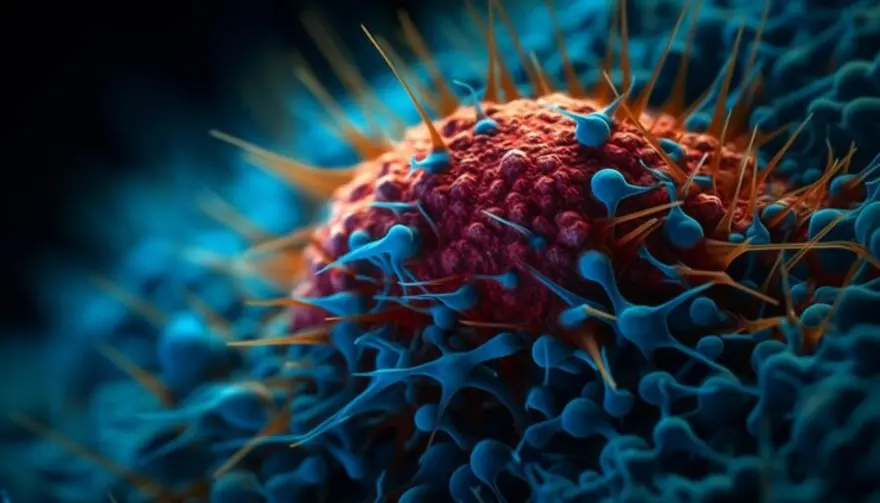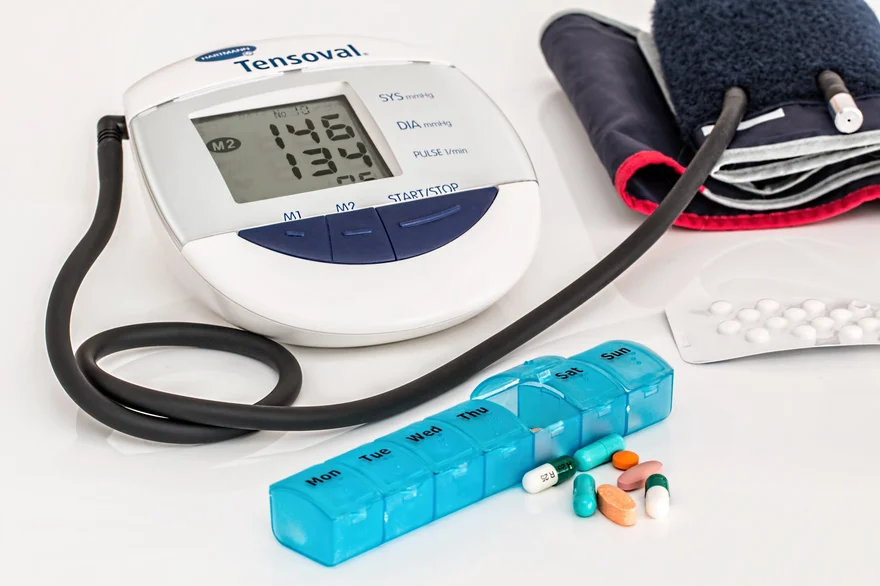Preventive Healthcare
Malignant Tumors: Causes and Treatment
30491 Views
0

What is a malignant neoplasm?
A malignant neoplasm is a term used by doctors for cancerous tumours. Neoplasm refers to an abnormal growth of your tissues, while malignant is used for a cancerous tumour that is likely to spread to places other than the point of origin.
What is the difference between neoplasm and cancer?
An abnormal growth of cells in your tissues is known as a neoplasm. This can be either noncancerous (benign) or cancerous (malignant). Benign tumours grow very slowly and do not spread past the point of origin. On the other hand, a cancerous/malignant neoplasm proliferates and is likely to spread to other parts of your body.
Does malignant neoplasm mean cancer?
If you understand what is a malignant tumour is, you know that a malignant neoplasm refers to a cancerous tumour.
Who does malignant tumor affect?
Malignant tumors can affect people of any age, sex, or ethnicity. However, like other types of cancers, there are higher chances of people over the age of 65 displaying signs of malignant tumours.
What are the types of malignant neoplasms?
As malignant neoplasms can occur anywhere in the body, there are multiple types. The five major types of malignant neoplasms include:
- Carcinomas: Carcinoma is a type of malignant tumour that makes up about 90% of cancer cases. Carcinoma originates in your epithelial tissues, like in your skin or the outer lining of your organs. Common carcinomas like malignant neoplasms of the breast, bladder, skin, cervix, endometrium (inner lining of your uterus), lungs, rectum, and colon.
- Sarcomas: A sarcoma is also a cancer of the connective tissues like your muscles, tendons, cartilage, bones, and fat. This kind of cancer is more common among young adults, and the most common type of sarcoma is the soft tissue sarcoma.
- Myelomas: This type of cancer is also known as multiple myeloma and affects the plasma cells in your bone marrow that are responsible for your immune system. There are two main types of myeloma: smouldering, which is the early precancerous stage of myeloma, and active, which is the cancerous stage of myeloma.
- Leukemias: This is commonly known as blood cancer and originates in your bone marrow. It is associated with an overproduction of immature blood cells that leads to fatigue, problems with blood clotting, and anaemia.
- Lymphoma: This is the kind of cancer that originates in your nodes or glands of the lymphatic system. It can be found anywhere in the body but is most often found in your neck, groyne, or underarms.
Although malignant neoplasm of the brain is rare, there are some cases where malignant neoplasms can metastasize, i.e., spread to your brain. The most common cancers to apply to your brain are malignant neoplasms of the lungs, breast, skin, kidney, and colon.
What are the symptoms of malignant tumor?
Cancer symptoms can differ based on the location of your tumour. People with malignant neoplasm of the breast may feel breast pain and nipple discharge, while those with colon cancer may experience abdominal pain or changes in their stool. Those with skin cancer may develop lesions or sores on their skin.
Other general symptoms of cancerous tumours include:
- Shortness of breath
- Anaemia
- Diarrhoea
- Drenching night sweats
- Abnormal bumps or lung
- Fatigue
- Unexpected weight loss
- Changes in digestion
- Changes in your skin
- Persistent cough
- Pain
As different cancers show different symptoms, it is best to contact your healthcare provider if you observe any unexplainable symptoms.
What causes malignant tumor?
The basal cause of a malignant tumor is the unrestricted growth and division of cells. However, experts are still unsure of why this happens but have been able to identify specific risks that are associated with malignant neoplasms:
- Obesity
- Genetics
- Smoking
- Chemical toxins
- Excessive alcohol use
- Excessive exposure to UV rays
- Excessive exposure to radiation
How do malignant tumor spread?
Malignant tumor can spread due to a process called metastasis. This is when the cancerous cells leave their original location and travel to other parts of your body.
How is malignant neoplasm diagnosed?
Most types of malignant neoplasms are diagnosed during routine tests like a mammogram (for breast cancer) or colonoscopy (colon cancer). A biopsy is then done to differentiate between benign and malignant tumours. Other tests that you may have to undergo are imaging tests like CT scans, MRIs, or PET scans.
How is malignant neoplasm treated?
Treatment for malignant neoplasm depends on the size and type of the tumour and where it can be found within the body. If the malignant neoplasm remains localised in a single area, you can get surgery to remove the tumour. At the same time, cancer that has spread will need chemotherapy, targeted drug therapy, or radiation therapy.
Surgery
If the malignant tumour is a small one that is still contained within a single area, it can be removed surgically. Your surgeon may remove the entire mass of cells and healthy tissue around it to ensure they have removed all the cancerous cells. If cancer spreads to other areas of your body, it cannot be cured by surgery.
Chemotherapy
Chemotherapy is treating the malignant neoplasm with cancer-killing drugs in the form of pills or through an IV line in your hand or arm. Chemotherapy helps to destroy cancer cells and stop them from multiplying. Chemotherapy can be used by itself or in combination with other treatments like radiation or surgery.
Radiation Therapy
Radiation therapy uses powerful beams of energy to destroy cancer cells. In this process, high-energy radiation is directed towards the tumour as the machine used can be repositioned to aim at different spots and levels within the body. In some cases, radiation therapy is used to shrink a tumour before you have to go into surgery to get the cancerous cells removed.
Targeted Drug Therapy
Targeted therapy attacks the proteins that help to control how the cancerous cells grow, divide, and spread. The Food and Drug Institute has approached targeted therapies for over 15 types of cancer, including some of the most common types like breast, lung, prostate, and colon cancer. Targeted drug therapy is another type of cancer treatment that can be used in conjunction with other treatments, such as radiation or chemotherapy.
What are the complications of treatment for malignant neoplasm?
The only complications you may experience for malignant neoplasm treatment are the side effects of the treatment. These side effects depend on the kind of treatment you are receiving and how your body responds to it. Some of the common side effects or complications of malignant neoplasm include:
- Constipation
- Loss of appetite
- Diarrhoea
- Cancer fatigue
- Hair loss
- Nausea and vomiting
- Fertility problems
- Pain
- Flu-like symptoms.
Can I prevent malignant neoplasm?
While there is no way of preventing malignant tumours, there are ways of reducing the risk of developing cancer:
- Protect your skin when outside
- Limit your amount of alcohol intake
- Maintain a healthy lifestyle by eating well and exercising
- Don't smoke
- Go for routine cancer screening like regular mammograms and colonoscopies
Conclusion
A malignant neoplasm diagnosis can be scary as these cells grow and spread quickly. However, the good news is that most of these types of cancers can be easily managed. Work with your oncologist to understand the difference between benign and malignant tumours better and make a treatment plan based on the options available to you.
Regular preventive methods like regular health checkups and diagnostic tests help you catch serious issues well before they can show symptoms. You can get your test booked with Metropolis Labs and get diagnosis tests that are relevant to your age, gender, and health conditions. Contact our experts to book your appointment today.























 WhatsApp
WhatsApp